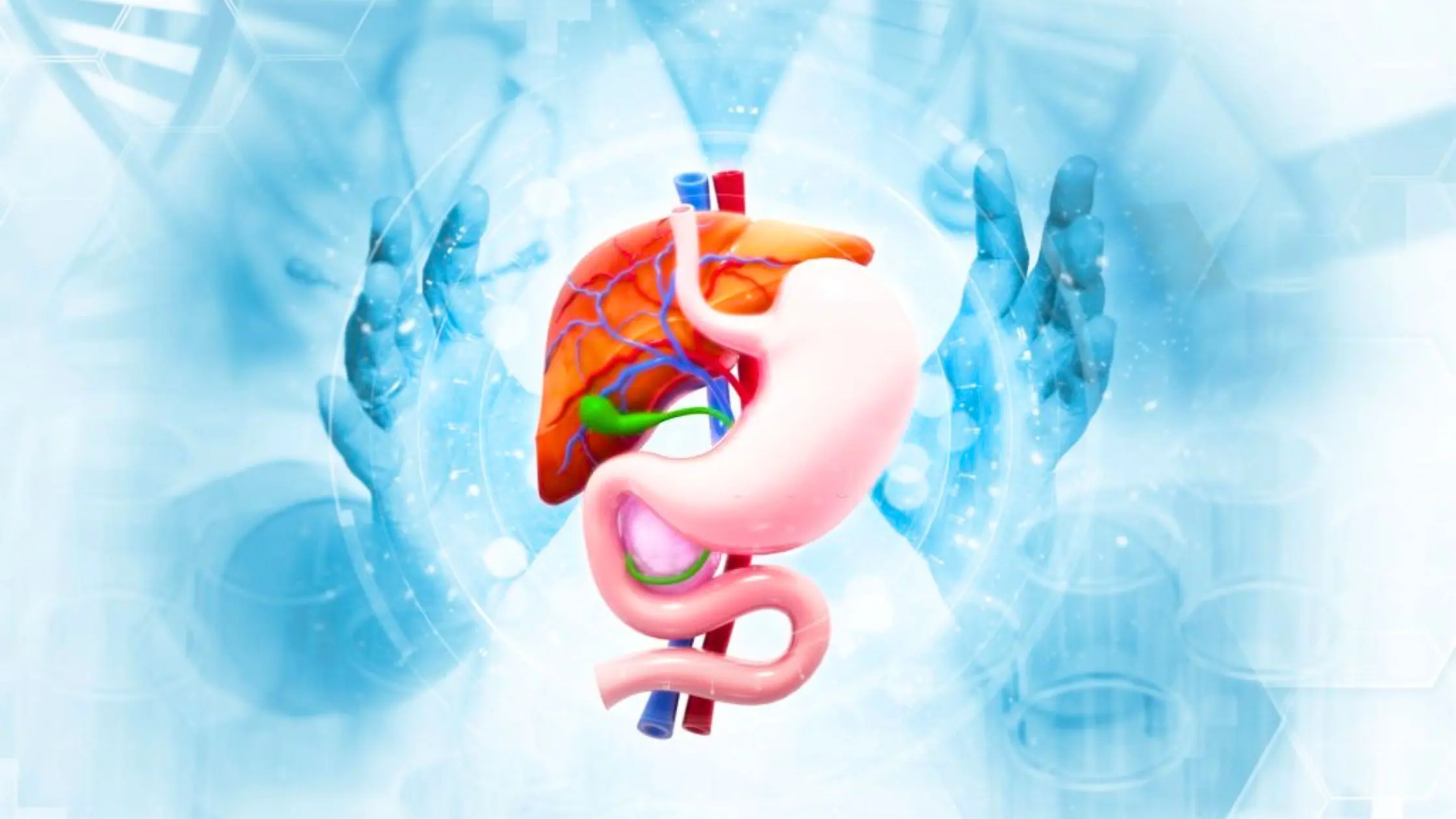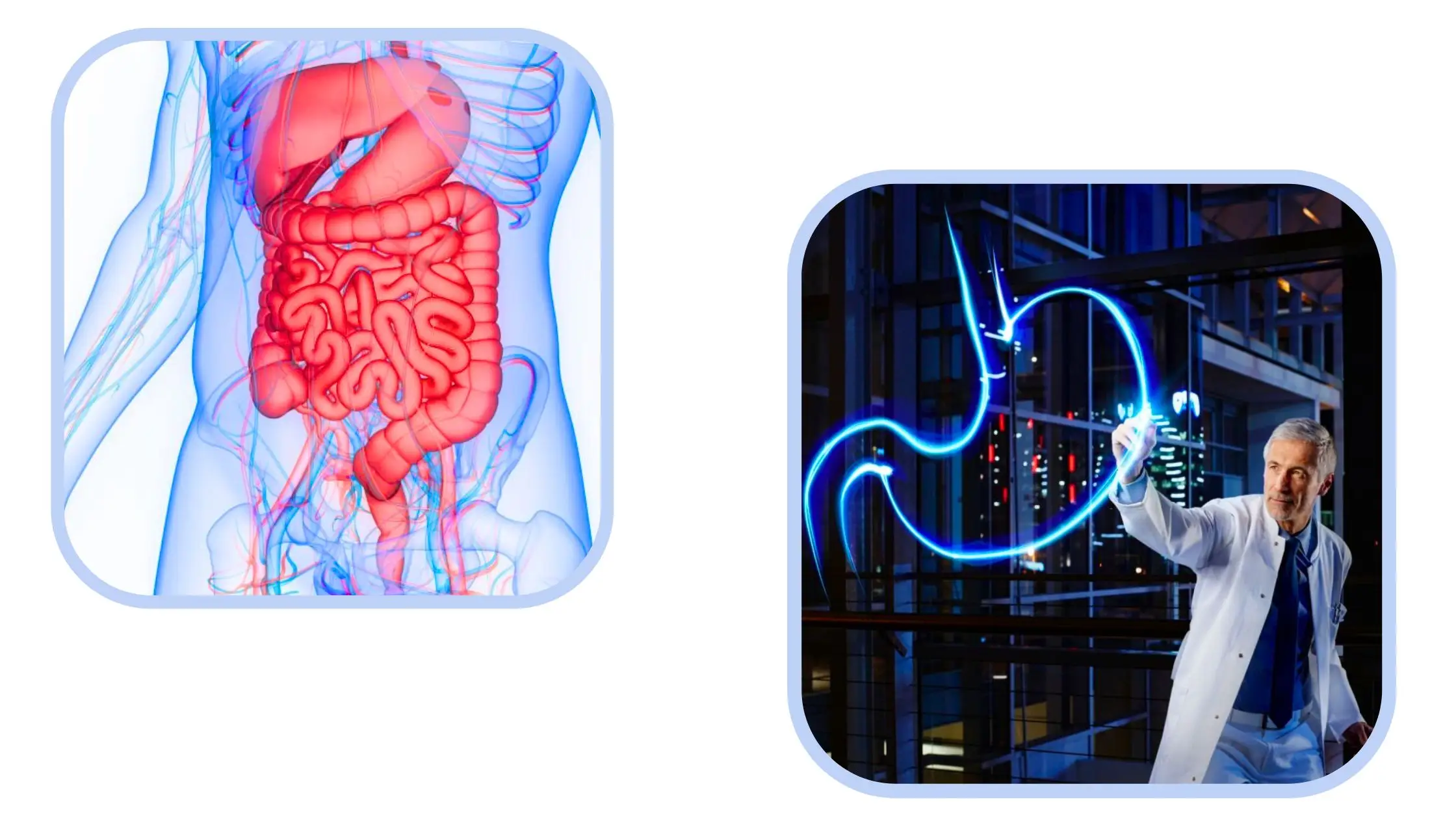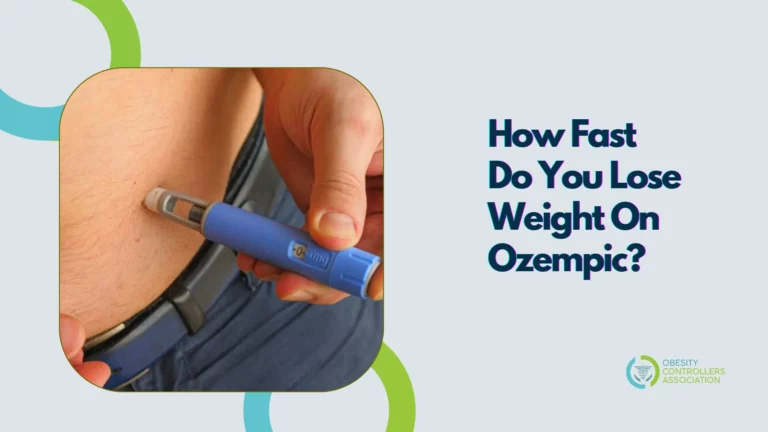Can A Gastroenterologist Help With Weight Loss? Get To Know!

Obesity is becoming a prevalent health concern. It has become a life-threatening condition causing around 2.8 million deaths each year. Apart from being overweight, obesity can also cause other risk factors. Some of them include heart disease, cancer, mental health issues, digestive issues, etc.
Diet and a proper workout might not benefit every person. Recent research has shown that more medicinal approaches that involve surgical procedures might be needed for treating obesity. It is at this juncture, the role of a gastroenterologist comes to prominence.
In this article, you will get a detailed understanding of what is meant by gastroenterology and what are their main roles. On going through further you can find the answer to the question ‘Can a gastroenterologist help with weight loss’. Jump into the article to know more.
Gastroenterology
Gastroenterology is the field of medicine that deals with the digestive system and diseases related to it. The human digestive system contains the gastrointestinal tract or GI tract and supporting organs.
Some of the organs that are involved in the digestive system are the esophagus, small intestine, stomach, large intestine, and additional organs such as the gallbladder, pancreas, and liver. Some of the disorders that come under the treatment of gastroenterology are listed below:

- Gastroesophageal reflux disease( GERD)
- Irritable Bowel Syndrome (IBS)
- Crohn’s Disease
- Ulcerative Colitis
- Peptic Ulcer Disease
- Pancreatitis
- Colon Cancer
- Rectal Disorders
Who Are Gastroenterologists?
The role of a gastroenterologist is to diagnose and treat gastrointestinal diseases. The focus of their treatment includes specific regions of the GI system such as the esophagus, liver, stomach, small and large intestine, gallbladder, and pancreas.
These medical specialists focus on the physiology of gastrointestinal organs and analyze the movement of food through your digestive system. They also study in detail the breakdown of food and how your body absorbs nutrients from it.
A part of gastroenterology also involves the analysis of the waste removal process in your body.
What does a Gastroenterologist do?
Even though gastroenterologists treat GI diseases and disorders of your digestive tract, there are specialists within the branch itself. There can be experts on different kinds of diseases such as liver disease, GERD, inflammatory bowel disease, pancreatic disease, liver transplantation, etc. The major types of tests or procedures performed by a gastroenterologist are provided below:

- Colonoscopy– Also known as Sigmoidoscopy, this process involves inserting a tube with a camera inside your rectum to observe the parts of the colon and rectum.
- Endoscopy– Similar to Colonoscopy, a thin tube with a camera and light which is known as an endoscope is inserted inside your esophagus to observe the digestive system.
- Capsule Endoscopy– As the name implies, you swallow a capsule that contains a wireless camera that can take pictures of your GI tract. So your doctors can analyze the contents of your small intestine.
- Endoscopic Ultrasound– Ultrasound is a device that can capture pictures using sound waves. In this process, the functions of an endoscope and ultrasound are combined to analyze the status of your internal organs.
- Liver Biopsy– This procedure is undertaken to find any inflammation or disease that has happened to your liver. For this process, specialists will remove some tissue samples from your liver and will check it under the microscope.
When should you see a Gastroenterologist?
Some certain signs and symptoms might indicate that you need to consult a gastroenterologist soon. If you have any kind of unusual digestive issues it is important to contact your doctor immediately.
But in this case, a gastroenterologist can provide better diagnostic results as they are specialized in the area. Some of the signs that indicate you should see a gastroenterologist are listed below:

✔️Constant abdominal bloating– If you experience constant cases of abdominal bloating, you should consult a gastroenterologist immediately. Often, bloating is caused by excess gas in your stomach and if it is accompanied by bloody stools, vomiting, and irregular bowel movements the condition might be serious.
✔️Frequent cases of heartburn– When you experience a burning sensation at the center of your heart, it can indicate heartburn. If you have recurring heartburn accompanied by shortness of breath or pain while swallowing, consult a gastroenterologist immediately.
✔️Diarrhea– If you have diarrhea that exceeds more than weeks and results in acute conditions, it might be a sign to consult an expert. Chronic diarrhea can be a symptom of disorders such as irritable bowel syndrome, ulcerative colitis, Celiac disease, etc.
✔️Constipation– When you have chronic constipation, it can be a symptom of some underlying conditions. Such constipation can indicate an intestinal blockage, colon or rectal cancer, hormonal problems, etc.
✔️Unexplained weight loss– If you experience sudden weight loss without any reason, you should consult a gastroenterologist. Sudden and drastic weight loss can be a symptom of ailments such as chronic pancreatitis, Crohn’s disease, peptic ulcer, etc.
✔️Trouble in swallowing– Having recurring trouble swallowing might be an indication of underlying conditions. If you experience trouble swallowing, consult a gastroenterologist.
How Can Gastroenterologists Help With Weight Loss?
In some cases, even after committing to a rigorous diet and workout, people cannot lose weight. It is at this point, a gastroenterologist can assist you in weight loss. Obesity is already linked to many gastrointestinal complications. Some of them are listed below:
- Gastroesophageal reflux disease
- Gastric cancer
- Acute pancreatitis
- Pancreatic cancer
- Colon polyps
- Nonalcoholic fatty liver disease
- Gallstones
- Diarrhea

In March 2017, an ‘Obesity Practice Guide’ was released by the American Gastroenterological Association (AGA) which listed a set of comprehensive guidelines to manage obesity. This suggests that as part of the initial consultation with the gastroenterologist, the patient should be assessed based on dietary and physical activity status.
Also, a proper medical assessment is needed to find out the risk factors of obesity. After that, the gastroenterologist can suggest dietary adjustments, behavioral counseling, and in select patients, endoscopic therapy or surgical management. After the procedures, weight loss maintenance guidance will be given by the gastroenterologist.
Weight Loss Without Surgery: Methods
A gastroenterologist can suggest some methods to lose weight even without surgery. These methods are listed below:
◼ Obalon Balloon System– This is a three-balloon system used for weight loss. You are advised to ingest a capsule that contains the balloon which can take up the space inside your stomach. The balloon will improve your satiety levels by keeping you fuller for longer times. This will prevent overeating and thereby obesity.
◼ Orbera– Orbera is similar to Obalon and limits your food intake by placing itself near your stomach.
◼ AspireAssist– By inserting a thin tube into your stomach, 30% of the food is emptied from it. This reduces the calories your body absorbs.
◼ Endoscopic sleeve gastroplasty (ESG)-ESG is a minimally invasive procedure that reduces the size of your stomach by up to 80%.
Types of weight loss surgeries
We have discussed the non-surgical methods performed by gastroenterologist for weight loss. Now check out the weight loss measures using surgical procedures.
- Gastric Sleeve– Also known as vertical sleeve gastrectomy, the surgeon will remove major parts of your stomach. This will reduce your appetite and make you feel fuller sooner.
- Gastric Bypass– The process is complex and involves three steps. The gastroenterologist will create a small pouch in the stomach and make it smaller. And then he will divide the small intestine into two parts. This will allow the food to be digested faster.
- Adjustable gastric band– This gastric band can make you feel fuller and thereby avoid eating mindlessly.
- Biliopancreatic diversion with duodenal switch– This procedure involves two surgeries. The first one is somewhat like gastric sleeve surgery. The second one divides the small intestine into two paths. This procedure is known to help lose weight more than the other three surgical procedures.
Also read: How To Get Bariatric Surgery Fast? All You Need To Know!
The Bottom Line
On a quick glimpse through the article, you can understand that gastroenterology has some crucial connections with obesity. Being an area that specializes in the ailments that are caused to GI and digestive tracts, gastroenterology can manage obesity also.
Obesity can raise the risk factors of having digestive disorders such as GERD, pancreatic cancer, and colon cancer. Proper guidance and treatment from a gastroenterologist can deal with this issue and help with weight loss.
They can also suggest some non-surgical and surgical procedures to treat obesity in patients who cannot lose weight even after following a strict diet and workout routine.





